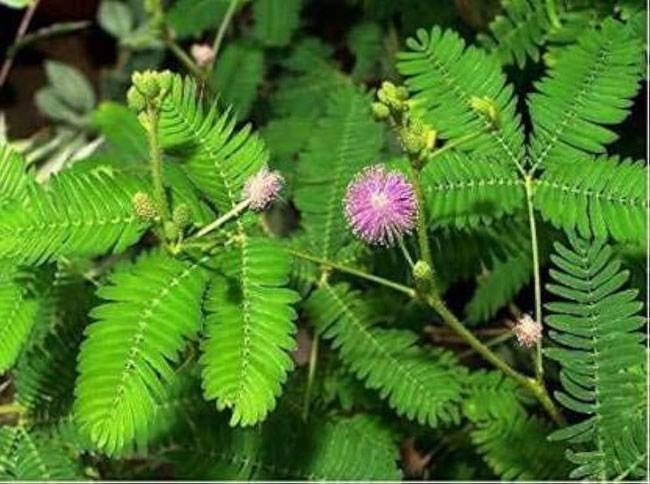Shami plant, also known as Prosopis cineraria, is considered sacred in Hinduism, similar to the holy basil (Tulsi) plant. It is believed that Lord Shiva resides in the Shami plant, which is why it is worshipped in many households. However, the religious significance of the Shami plant is not its only virtue; there are numerous other benefits associated with its presence in homes.
Purifies the Air
Shami plant is an indoor plant that requires minimal sunlight or water. One of the greatest benefits of placing a Shami plant indoors is its ability to naturally purify the surrounding air. It contributes to a fresh atmosphere, enhancing the mood and environment of the home.
Health Benefits
Every part of the Shami plant – from its fruits, flowers, leaves, to its roots – is used for medicinal purposes. In Ayurveda, it is used to treat various ailments including respiratory infections, skin diseases, diarrhea, toothaches, and sore throats. The leaves contain antiseptic properties, and the juice extracted from them helps in eliminating infections and bacteria. According to Ayurveda, using the Shami plant can balance the body’s Vata and Kapha doshas, maintaining overall health.
Maintains a Positive Environment
Placing a Shami plant indoors helps in maintaining a positive atmosphere in the home. It is believed to increase the flow of positive energy wherever it is placed, bringing a sense of peace and freshness to the environment. In today’s stressful times, this indoor plant can be considered a blessing.
Religious Importance of the Shami Plant
The Shami plant holds religious significance comparable to the Tulsi plant. It is believed that Lord Shiva resides in the Shami plant, which is why it is worshipped, especially on specific Hindu festivals. Additionally, it is used to ward off the malefic influence of Shani (Saturn) as per Hindu beliefs. Offering different parts of the Shami plant to Shani is believed to reduce his adverse effects. Moreover, planting a Shami plant in the home is thought to bring prosperity and happiness.
Uses in Skin and Hair Care
The Shami plant is also used to treat various skin-related issues in Ayurveda. Its paste is applied to treat rashes and open wounds. In addition, it is used to alleviate symptoms caused by insect bites, bleeding, and burning sensations on the skin and face. The paste from Shami fruits is also considered effective for hair removal.
Considering these benefits, having a Shami plant in your home not only offers spiritual and medicinal benefits but also enhances the overall positive energy and health of the household.




